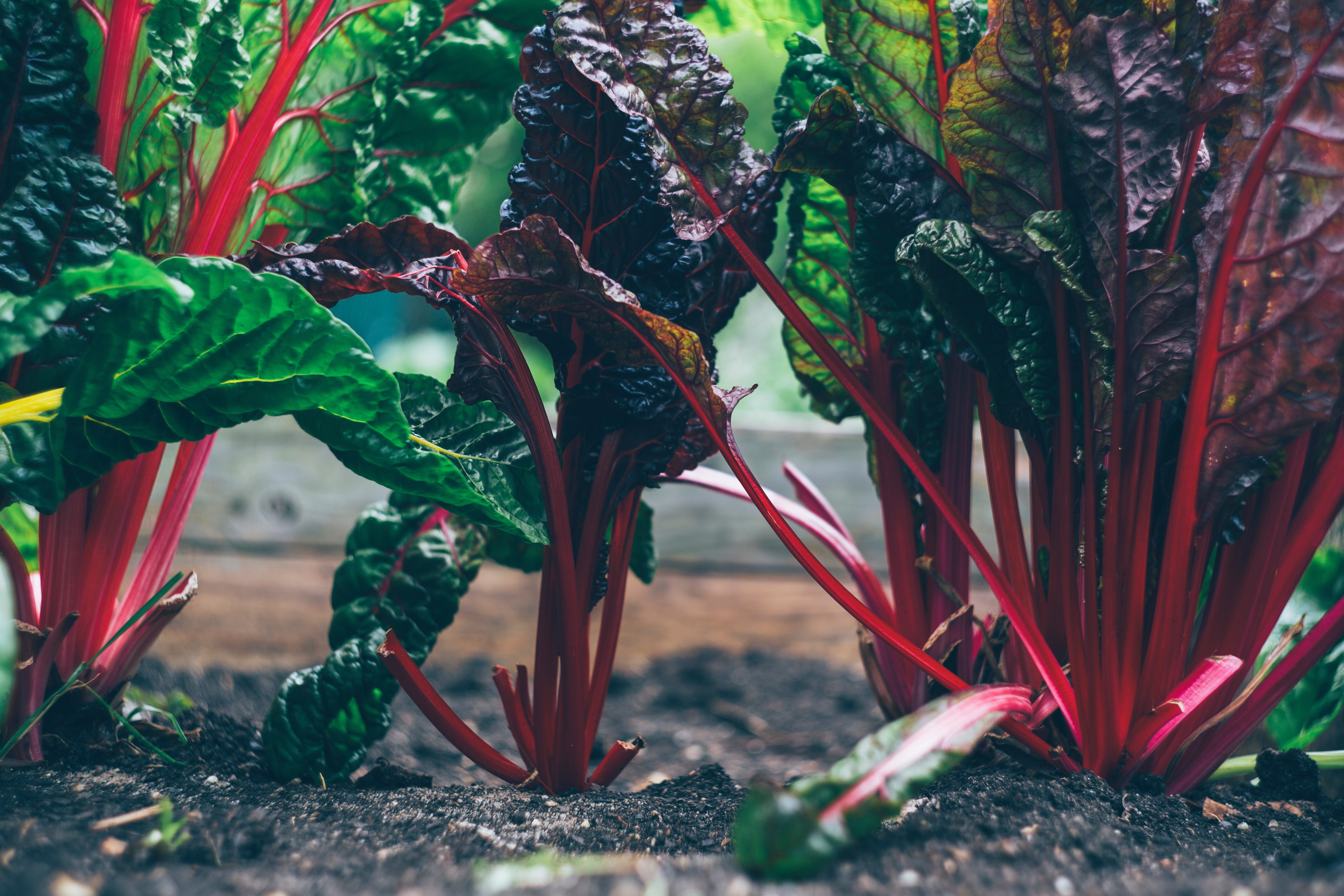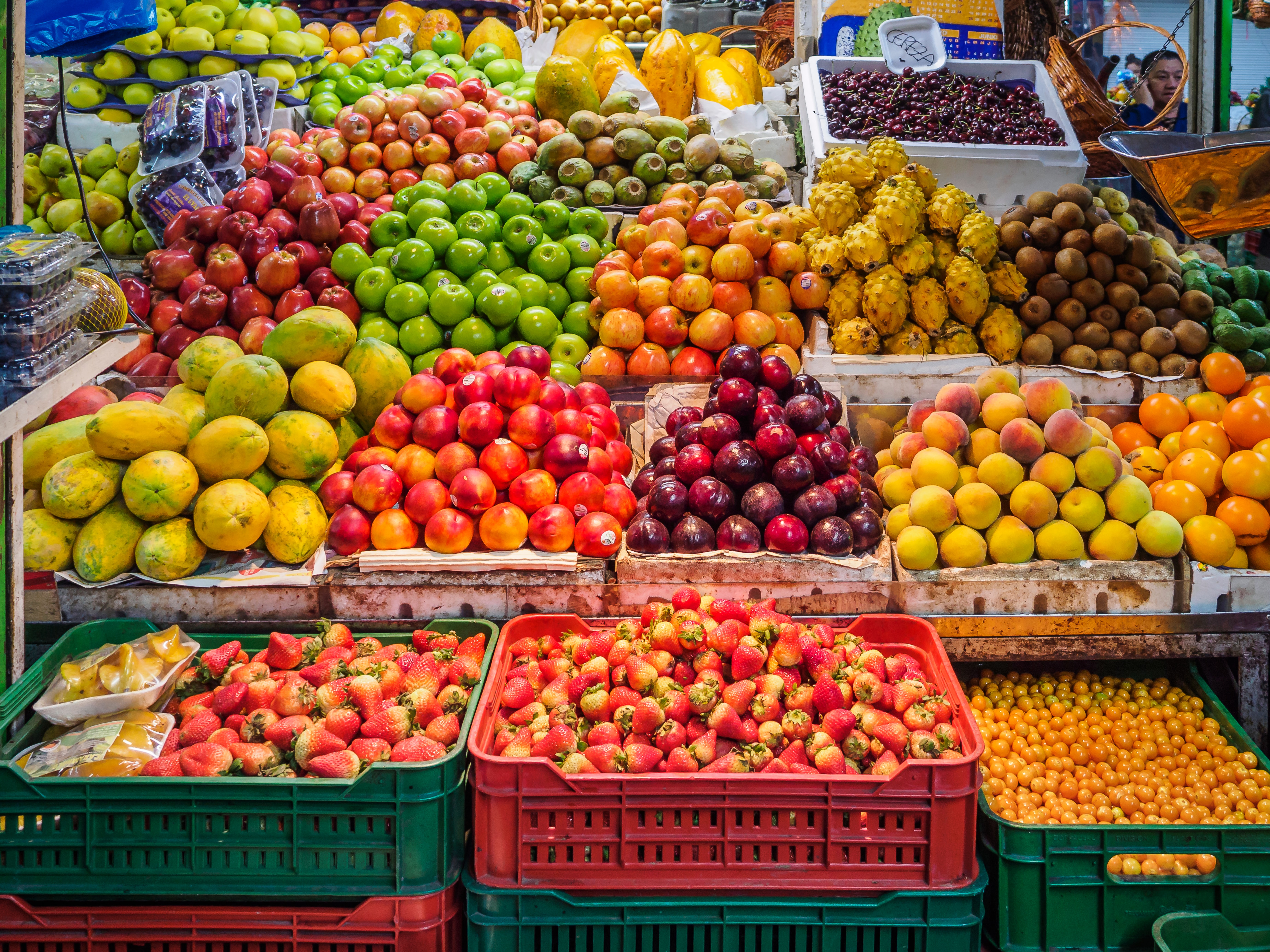A medium-sized bunch of lettuce costs Rs 30 at the local vegetable market. The organic version of the same, depending on the seller, is priced anywhere between Rs 75 to Rs 150. These days, many people prefer the latter because organic food is supposedly free from pesticides, nutrient-rich, and thus healthier. But is it really as good as we think it is? Experts say there actually isn’t much nutritional difference between organic food and their conventional counterparts.
Dietician Kala Nepal says the impact of organic food on health and disease prevention isn’t significant. Various studies suggested people who consumed organic food have relatively lower risk of heart disease and skin problems but the subjects also followed better lifestyles. Nepal says good health in such cases cannot be attributed to the consumption of organic food alone.

Kala Nepal
“There have been quite a few studies examining the macro- and micronutrient content of food. The vitamins and minerals content are found to be similar in both organically and conventionally grown food," says Nepal.
Food, according to Nepal, needs to be affordable and accessible. While choosing what to eat, we have to factor in its practicability. It’s not possible to get organic versions of everything we eat on a daily basis. Organic food is also more expensive. There are a number of reasons for that: There is less production, it needs more manpower, and it costs money to get certified as organic. Is the extra expense worth it? The answer is no.
Anushree Acharya, dietician and MD, The Nutrition Cure Nepal, says most of us are just paying for the ‘organic’ tag. There are some companies that are following the required protocols but many others are just labeling their products organic to sell them at higher prices. Unfortunately, there is no way to tell what’s genuine and what’s not.
 Anushree Acharya
Anushree Acharya
According to Mohan Krishna Maharjan, senior food research officer and spokesperson at Department of Food Technology and Quality Control, there is no monitoring of the organic market in Nepal. The government has set some guidelines for organic food production and organic products do need a third-party certification. The thing is, no one checks if companies are following the rules.
Maharjan explains growing organic crops involves managing many external factors. The soil has to be pesticide-free for a certain number of years and the environment has to be an isolated one. If you are growing something without synthetic fertilizers at a certain place but pesticides are being used in the surrounding areas, then your crops aren’t organic.
Food technologist Ujjal Rayamajhi says there are a few organic farms in Kathmandu that are abiding by at least some government-set criteria but then again there is no monitoring to guarantee full compliance. Also, the government is trying to support those that follow good agricultural practices. But there is a need for proper rules and regulations to make sure the organic food available in the market today meet the required standards. Unless there’s a system in place, the public runs the risk of paying high rates for substandard products.
 Ujjal Rayamajhi
Ujjal Rayamajhi
Our focus in the meanwhile, dietician Acharya says, should be on eating healthy by using what’s locally available to us rather than letting our food choices be driven by marketing gimmicks. Acharya sees a lot of people having organic teas or certain seeds (like flax and chia seeds) because the packaging declares it’s good for such-and-such conditions or because someone they know vouches for its efficacy.
News of pesticide-laden fruits and vegetables in the market also fuel our interest in organic produce. Experts say that though this is something the government needs to look into to ensure public safety in the long run, there really is no need to be alarmed and completely switch to organic food.

What we need to understand, they say, is that growing and preserving crops without using chemical fertilizers is almost impossible today. There is also a toxicity limit to the use of pesticides in agriculture and as long as that is followed conventionally grown food is safe for consumption.
There are also, says Nepal, simple ways to lessen the pesticide content in our food. Soaking grains, fruits and vegetables in a solution of baking soda is effective in removing much of the pesticides present in them. Similarly, Acharya adds you can immerse food in salt water for at least 15 to 20 minutes to let toxins leach out. Other ways to remove toxins from food include scrubbing your produce and cooking without a lid on.
Aarem Karkee, dietician at Patan Hospital in Lalitpur, says the main dietary issue we need to focus on isn’t whether we are eating food that is grown using pesticides and synthetic fertilizers. The top 10 reasons for mortality, including heart diseases, diabetes, and cancer, are all linked to our consumption of refined and fast food. The emphasis, he says, should thus be on changing the kind of food we eat—meaning we should eat more whole foods rather than the processed and packaged kind.
 Aarem Karkee
Aarem Karkee
“If you ask me whether you should be eating greens that you know have been sprayed with pesticides, then my answer is a resounding yes,” says Karkee adding that the benefits of having fruits and vegetables, despite their chemical content, far outweigh the risks.
Fellow dieticians Acharya and Nepal both agree with Karkee and say the key to eating healthy lies in making sensible food choices. Eating what’s in season is also one way of a relatively toxin-free lifestyle. So is understanding your food: Produce with thicker skins tend to have fewer pesticide residues. The thick skin or peel protects the inner fruit or vegetable. If you remove the skin or peel, then you are essentially removing much of the residue.

Nepal also mentions that we tend to choose fruits and vegetables that are glossy and don’t have a single mark on them but that’s not really what you should be doing. Instead, she suggests, look for ones that aren’t so perfect. If you see insects or some damage, that’s an indicator that they were cultivated using less fertilizers and chemicals.
Further, Acharya adds that there are many practical ways in which you can have a toxin-free, healthy diet. You just have to be willing to look beyond the fads and experiment with different types of food as well as be a little aware about the kinds of nutrients available in different kinds of products. For example, she says, it’s not necessary to have avocados and nuts for your daily dose of omega-3s. Ghee and cooking oil (like olive oil) are also great sources of unsaturated fatty acids.
“Eating organic food isn’t the ultimate way to good health as it’s often made out to be these days,” she concludes.











